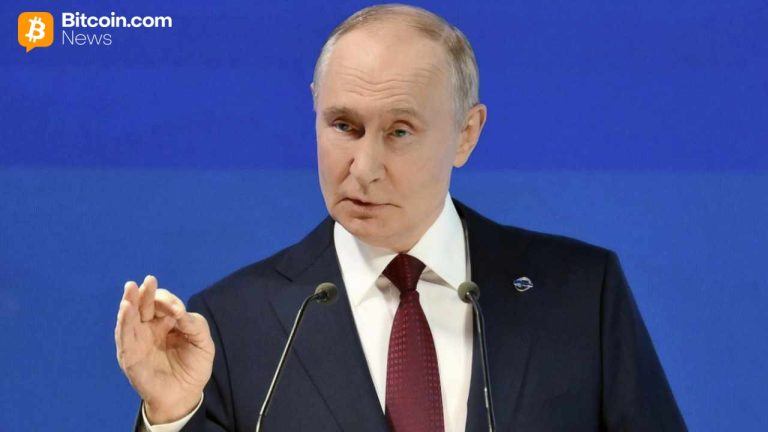President Vladimir Putin has articulated Russia’s strategic vision for BRICS cooperation, emphasizing that the alliance’s evolving trade mechanisms represent a pragmatic pursuit of economic equilibrium rather than targeted opposition to existing financial systems. During recent diplomatic engagements, Putin clarified that BRICS nations are cultivating alternative settlement frameworks in response to practical necessities and shared objectives for monetary independence.
The Russian leader characterized the collective movement toward diversified currency usage as a natural evolution in global economic architecture, noting that multilateral partnerships increasingly require flexible payment channels that reflect contemporary trade realities. This transition, he stressed, stems from fundamental principles of national sovereignty and balanced development rather than geopolitical confrontation.
Financial analysts observe that BRICS economies collectively account for substantial portions of global trade, making their exploration of streamlined settlement mechanisms a significant development in international finance. The emerging framework aims to reduce transactional friction while preserving each member’s monetary policy autonomy.
Putin’s statements come as BRICS nations continue developing institutional capabilities to support expanded economic cooperation. The bloc’s calibrated approach to financial infrastructure development reflects its commitment to gradual, consensus-based reform of international economic governance systems.


